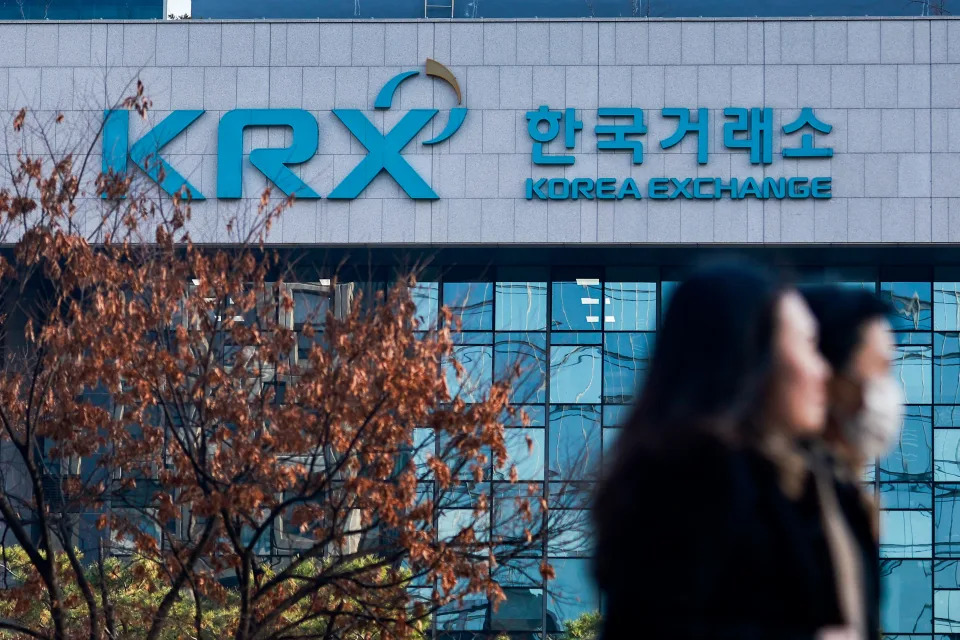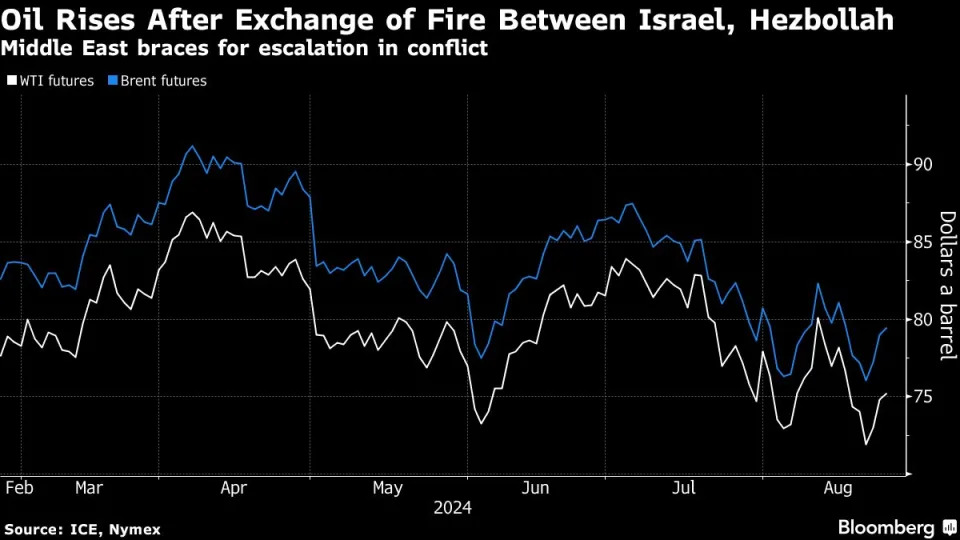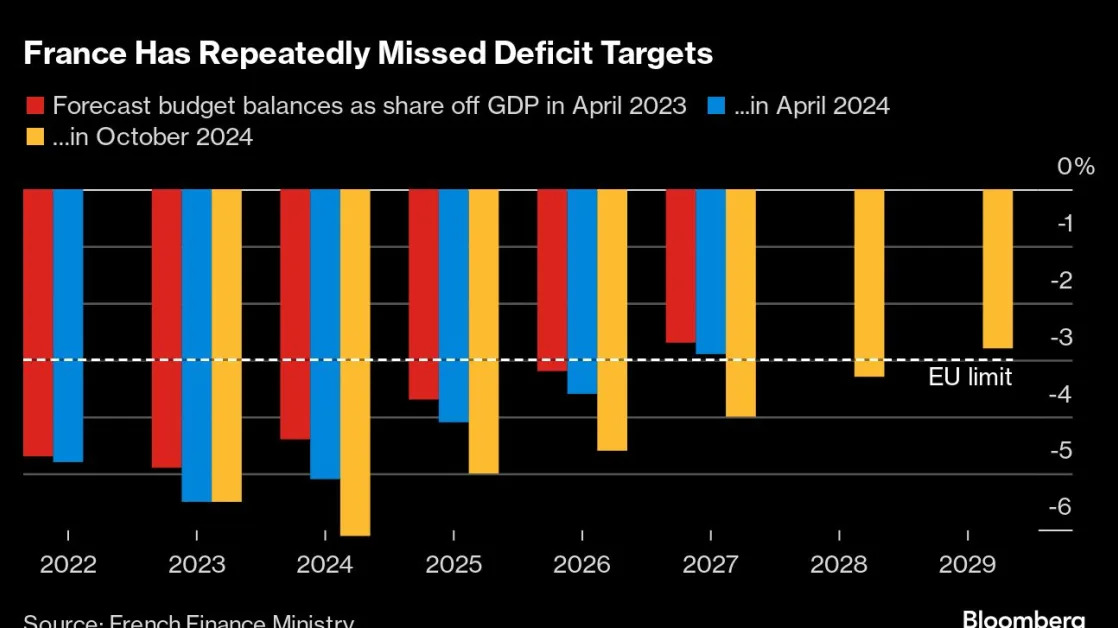
South Korea shares closed nearly 10% lower in 2024 amid political uncertainty and the Jeju Air plane crash on Sunday.
On Monday, the Kospi index closed 0.2% lower on its last trading day of the year.
The sharp decline this year contrasts with a 19% jump in the benchmark index in 2023 and despite a government program to boost the value of listed companies, which have long been plagued by the so-called "Korea discount."
Meanwhile, the South Korean won fell 12% against the US dollar this year in its worst year since 2008.
The market gloom marked a month of political uncertainty when South Korea had three presidents following the impeachment of President Yoon Suk Yeol and acting President Han Duck-soo.
Deputy Prime Minister and Finance Minister Choi Sang-mok became the country's acting president on Friday.
The turmoil came after Yoon declared martial law — which lasted six hours — earlier this month. Han was impeached by the opposition after he refused to appoint three judges to fill the nine-member Constitutional Court, which will rule on Yoon's removal from office.
Jeju Air shares slump to lowest-ever level
Shares of South Korean budget carrier Jeju Air hit their lowest level on record following a deadly plane crash over the weekend. The company was listed in 2015 and has a market value of around $410 million.
On Sunday, a Jeju Air plane — a Boeing 737-800 — traveling from Bangkok's Suvarnabhumi International Airport crashed at a South Korean airport, killing 179 people. It was carrying 181 passengers and crew members.
Jeju Air's stock slumped as much as 16% and closed 8.7% lower on Monday.
Shares of AK Holdings, the airline's parent company, closed 12% lower. The stock has a market cap of about $87 million. In New York, Boeing's stock fell more than 3% premarket.
More political uncertainty ahead
South Korea's political uncertainty could persist.
"The lack of political power in the central government, alongside the distraction of the presidential impeachment case and the ruling PPP's severely weakened public support, will throttle major political decisions and confine the government to basic operations in the coming months," wrote Economist Intelligence Unit analysts on Monday.
The opposition party could also try to impeach the current acting president Choi if he, like Han, doesn't appoint three judges to fill the Constitutional Court, wrote independent analyst Douglas Kim, who publishes on the Smartkarma platform, on Saturday.
Given the uncertain environment, many investors are likely sitting on the sidelines of South Korea's stock markets, unwilling to commit.
Trading is likely to be "highly volatile" in January, Kim added.
Read the original article on Business Insider






